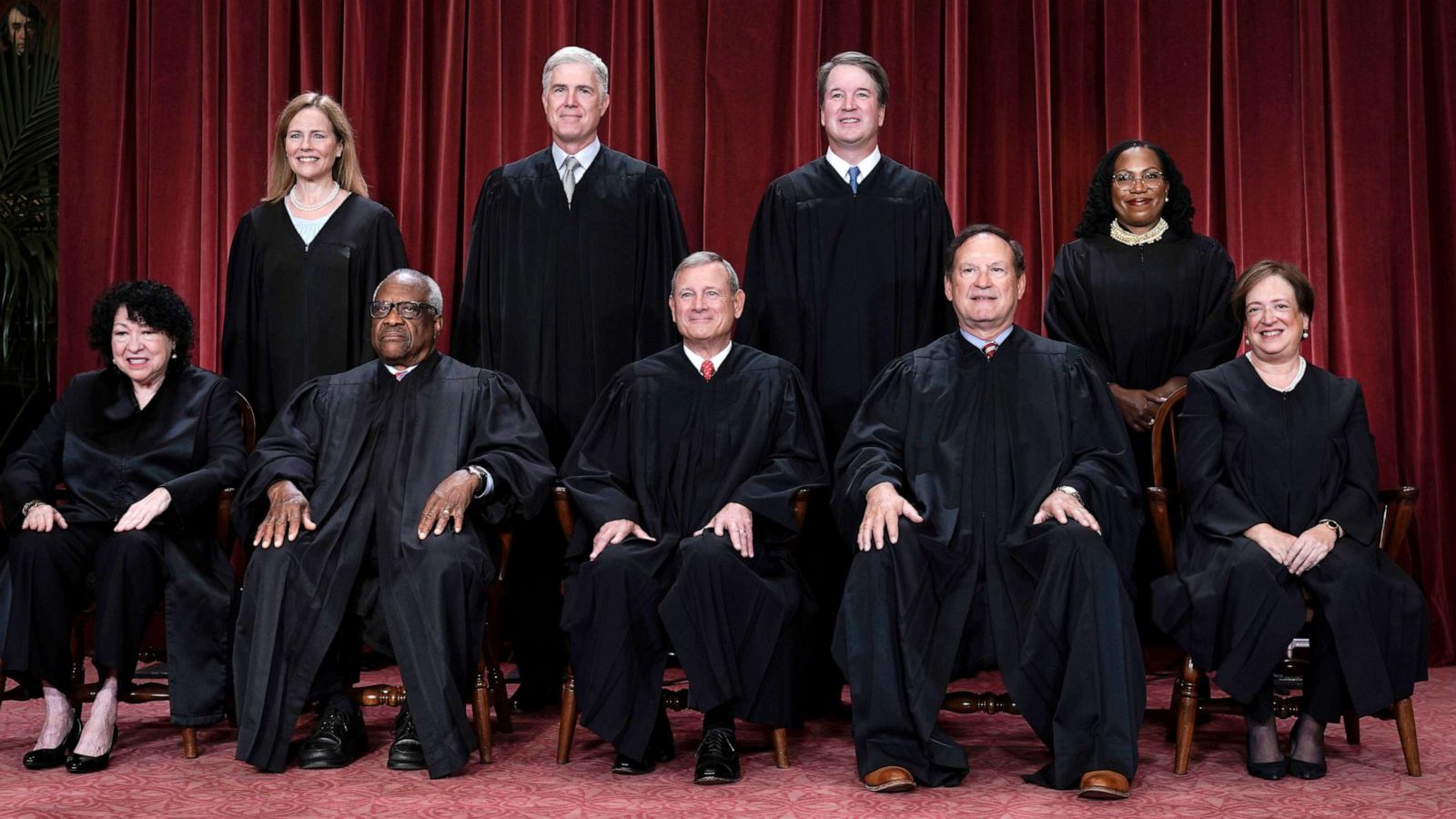Supreme Court Justice Neil Gorsuch has profited from the sale of a plot of land he co-owned in rural Granby, Colorado. Only nine days after his confirmation, Gorsuch sold his 3,000 square-foot log home on the land to Brian Duffy, CEO of Greenberg Traurig, one of the nation’s largest law firms, for $1.825 million. Gorsuch reportedly made between $250,001 and $500,000 from the sale.
It is worth noting that Greenberg Traurig has been involved in at least 22 cases presented to or before the Supreme Court since Gorsuch sold his property to Duffy. In the 12 cases where Gorsuch has given his opinion, he sided with Greenberg Traurig’s clients eight times and against them four times. The fact that the CEO of Greenberg Traurig now holds property that was sold by a Supreme Court Justice who seems to be ruling in favor of the firm’s clients has raised concerns about a potential ethical conflict of interest.
There are also concerns regarding the Supreme Court’s ethics guidelines and the extent to which they ensure transparency and disclosure of financial interests. For instance, Justice Clarence Thomas is currently under scrutiny for accepting expensive trips from GOP billionaire donor Harlan Crow; similarly, Gorsuch did not disclose the buyer of his Colorado property in his financial disclosure forms.
In response to a query by POLITICO regarding Gorsuch’s sale of the land, Senate Judiciary Chair Dick Durbin (D-Ill.) stated that there had been consistent reports of Supreme Court Justices violating ethical standards that are expected of other federal judges and of public servants. Durbin stressed the need for Supreme Court ethics reform. He stated that if the Court did not take the necessary actions, Congress would have to step in.
Kedric Payne, the director of ethics at the Campaign Legal Center, argued that justices should provide more detailed information regarding their investments in LLCs, which Gorsuch co-owned with his partners.
While there appears to be no prior relationship between Gorsuch and Duffy, the CEO claims he cleared the sale with his firm’s ethics department. As the Supreme Court establishes its own ethics regulations, justices have complete autonomy in deciding when and how to report outside gifts and income. However, the present case involving Gorsuch and Greenberg Traurig highlights an urgent need to ensure greater transparency and accountability to maintain the integrity of the Supreme Court.


Leave a Comment